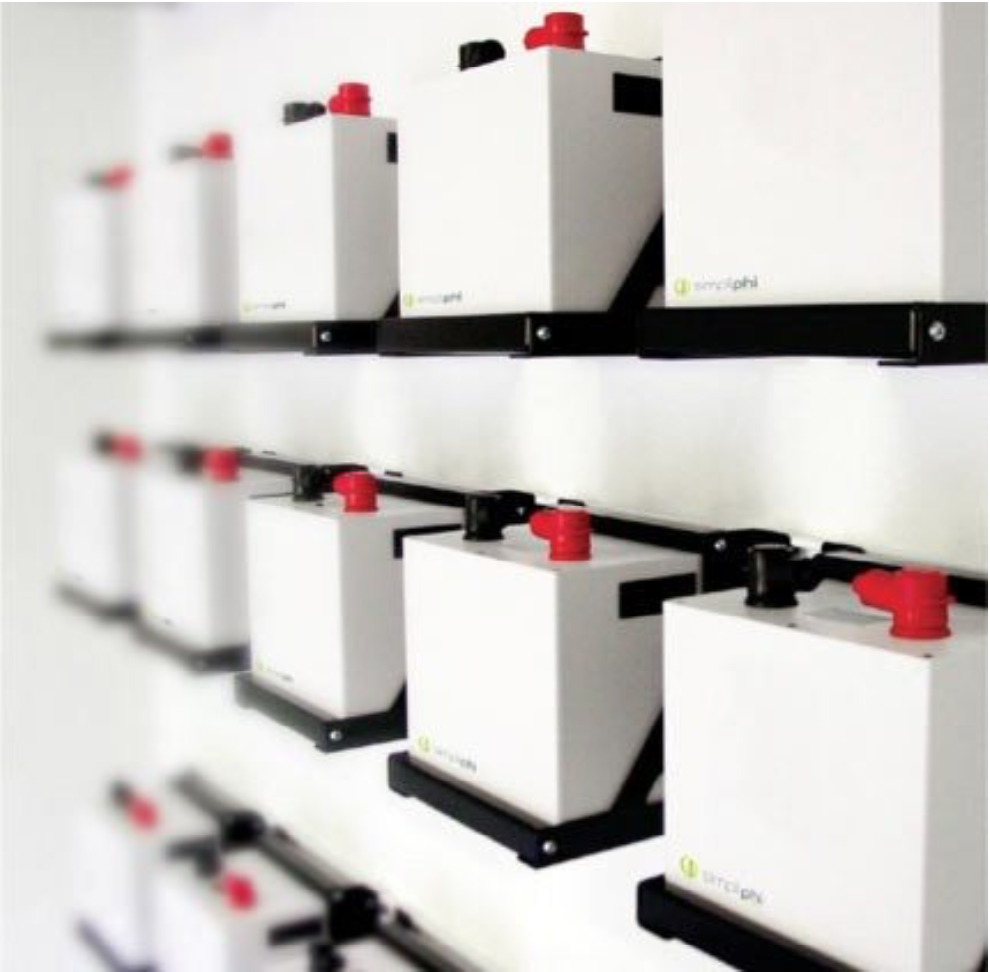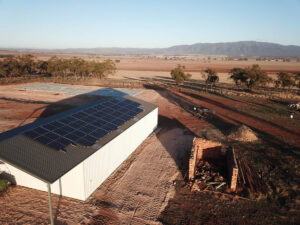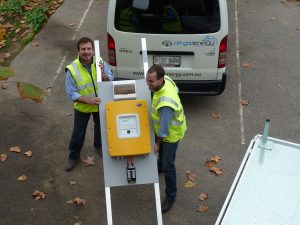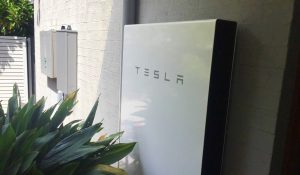
Home > Sustainability & Environment > The Rise of Lithium Battery Recycling in Australia

Lithium-ion batteries are now a major part of our everyday lives, appearing in phones, laptops, power tools, speakers, and just about everything else that doesn’t have a power cord.
But in recent years, we’ve also seen the rising popularity of home battery systems, with brands such as Tesla, LG, and BYD leading the charge. There are around 150,000 residential batteries in Australia, and about 10% of all new grid-connected solar systems now include energy storage.
In a similar vein, we’re also embracing electric vehicles (EVs) in a big way. In 2021, more than 20,000 new EVs hit Aussie roads, almost three times as many as the year before. Tesla, which also makes the “Powerwall” home battery, was by far the most popular brand with its affordable Model 3. Some studies project that by 2030, around 50% of all new cars sold in Australia will be fully electric.
But while it’s great that so many of us are embracing clean energy, the downside is that lithium battery waste is on the rise. According to the CSIRO, Australia produced around 3,300 tonnes of lithium-ion battery waste in 2020́, but this figure is expected to exceed 100,000 tonnes by 2036.
According to the CSIRO, Australia currently recycles around 98% of lead-acid batteries but only 10% of lithium batteries. When disposed of incorrectly, such as in landfills or waterways, lithium batteries cause contamination and can even pose fire and explosion risks.
Luckily, most of Australia’s solar system and EV batteries are relatively new, so it will be at least a few years before most of them need replacing. But over the course of this decade, lithium battery waste will become a critical environmental problem if we don’t develop effective recycling systems now.
Thankfully, up to 99% of a lithium-ion battery’s materials can be reused, including nickel, cobalt, graphite, copper, aluminium, iron, and of course, lithium. In addition to being finite natural resources, these elements are also expensive and energy-intensive to mine, meaning that battery recycling will ultimately reduce both costs and carbon emissions.
One of the major challenges of the recycling process is that not all lithium batteries share the same chemistry or materials. Due to this complexity, they require specialised services that can sort and process the different types of batteries while adhering to strict environmental and safety protocols.
Australia’s pioneering lithium battery recycler, Envirostream, dismantles each battery to separate its basic materials – plastic, copper, steel, and aluminium – so that they can be reused by manufacturers. Then, the remainder is shredded into “mixed metal dust”, which is treated and refined to separate the individual elements such as cobalt, nickel, lithium, and graphite. At the end of this process, the raw materials can be used to make new lithium-ion batteries and other electrical products.
In the same way that battery manufacturing has vastly improved in scale and efficiency over the last ten years, battery recycling is now entering a critical growth phase. Currently, most recyclers are small-scale operations that require significant amounts of energy and resources. However, with claims from the CSIRO that Australia’s lithium battery recycling industry could be worth more than $3 billion, there’s a growing focus on developing national recycling programs with higher productivity and a smaller environmental footprint.
If you have old lithium batteries, here are some useful resources to help you give them a second life. While most recycling programs currently focus on smaller batteries such as from phones, laptops, and power tools, many organisations are now taking steps to recycle larger battery packs from home solar systems and electric vehicles.
Many of the world’s largest battery manufacturers – such as Tesla, LG, and BYD – are also looking to launch their own recycling programs in the next few years. In addition, Tesla’s former Chief Technical Officer recently founded Redwood Materials, which recycles EV batteries into sustainable materials for companies such as Panasonic, Ford, and Amazon.
With more and more people embracing clean energy, it’s clear that we need to support recycling programs and work together to create a circular economy. And while Australia’s lithium battery recycling industry is still in its early stages, it’s already showing signs that we’re on track towards a cleaner and more sustainable future.




Whether you’re building a new home, buying an existing one, or already living in a solar-powered house – should you consider going off the grid entirely?

A brief history of how Off-Grid Energy Australia began and it’s early development stages, awards and accomplishments

LED Lights have become a popular low energy lighting option, but as with all new technologies there are some important things to know and pitfalls to avoid.

How does the Powerwall work? What are its capabilities? Can it run your home even if you’re not connected to the grid? Answers to these questions and more.
Off-Grid Energy Australia · Securing your power and your future
Electrical Contractor Licenses: VIC REC-31913, TAS 15608294, WA EC15901, SA PGE278927, NSW 279181C